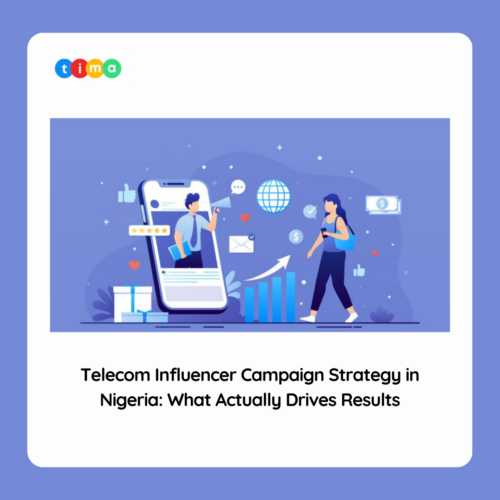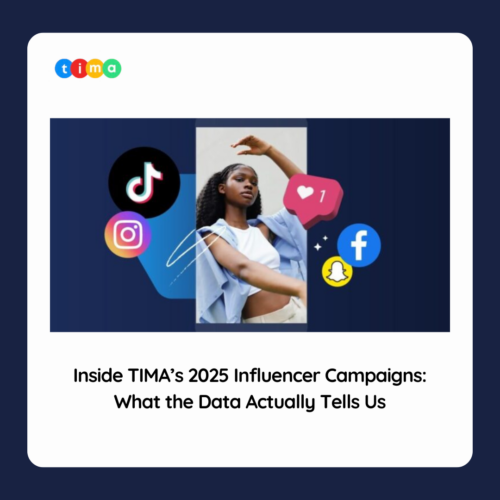In the world of social media, influencers have become a powerful force in shaping public opinion and driving consumer behavior. With millions of followers on platforms like Instagram, YouTube, and TikTok, influencers have the ability to promote products, services, and ideas to a massive audience. However, the rise of defluencing has started to change the landscape of influencer marketing. There has been a growing trend of defluencing, as a result, influencers are finding it increasingly difficult to maintain their influence over their followers. This does not mean the end of the road for influencers. In fact, they can use the defluencing revolution to their advantage by adapting their strategies to the changing times. In this blog, we’ll take a closer look at this revolution and how influencers can use it to their advantage.

What is Defluencing?
Defluencing is a term that refers to a recent trend where consumers are reducing their dependence on social media influencers when it comes to making purchasing decisions. This shift in consumer behavior has been driven by various factors, including the prevalence of fake followers among influencers, the saturation of the influencer market, and the increasing awareness of the marketing tactics used by influencers. This has made consumers become more skeptical of influencer endorsements and are now more inclined to seek out alternative sources of information, such as product reviews and recommendations from trusted friends and family members, before making a purchase.
The rise of defluencing has had a significant impact on the influencer industry, with many influencers struggling to maintain their influence over their followers. However, this trend also presents an opportunity for influencers to adapt their strategies to the changing times. By being transparent about their partnerships and sponsorships, and by focusing on authenticity and promoting products that they genuinely use and believe in, influencers can continue to build trust with their followers and maintain their influence in a world where defluencing is becoming increasingly common.
How Can Influencers Adapt to the Defluencing Revolution?
While the defluencing trend may be a challenge for influencers, it also presents an opportunity for them to adapt their strategies to the changing landscape. Here are some ways influencers can use defluencing to their advantage:
Be Transparent
Transparency is key in building trust with followers. With the rise of fake followers and influencer fraud, consumers are becoming more skeptical of influencer endorsements. Influencers should be transparent about their partnerships and sponsorships, clearly disclosing when they are being paid to promote a product. They should also be honest about their experiences with the product, including any drawbacks or negative aspects.
Focus on Authenticity
Authenticity is becoming increasingly important for consumers. They want to see influencers promoting products that they actually use and believe in. Influencers should focus on promoting products that align with their personal brand and values. They should also be genuine in their promotions, sharing their own experiences and opinions about the product.

Build Relationships with Followers
Influencers wield considerable power over their followers, and nurturing a strong bond with them can prove vital in maintaining that influence. To achieve this, influencers must actively engage with their followers on social media by responding to comments and direct messages, thereby showing that they value their audience’s opinions and feedback. Moreover, they should strive to create content that resonates with their followers’ interests and needs, and that feels genuine and relatable. By prioritizing these strategies, influencers can cultivate a loyal and engaged following that trusts and respects them, further enhancing their ability to shape the attitudes and behaviors of their audience.
Diversify Income Streams
It is essential for influencers to not depend solely on sponsored content for generating income. Instead, they should explore and create additional sources of revenue by introducing their own products or services, such as e-books, online courses, or merchandise. By diversifying their income streams, influencers can not only increase their earning potential but also exhibit their proficiency and expertise in their respective fields. This approach can help them establish themselves as thought leaders, enabling them to gain a loyal following and build a strong personal brand.
Collaborate with Other Influencers
Joining forces with fellow influencers can be an effective strategy for widening one’s influence and establishing one’s authority in the industry. This type of collaboration may involve teaming up to create content, conducting promotional campaigns, or organizing events that leverage the strengths of each influencer. By combining their efforts, influencers can offer their followers a more diverse and informed perspective on a particular product or service, thus strengthening their position as thought leaders in the field.









